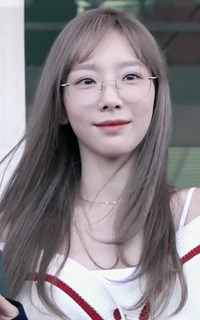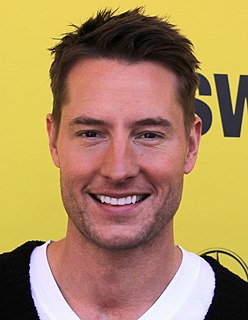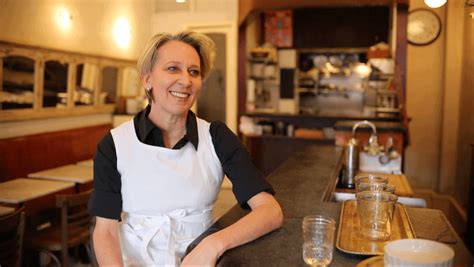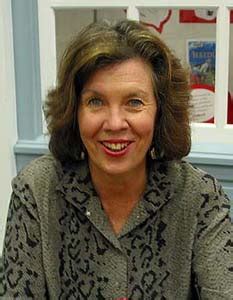A Quote by Virginia Woolf
One could say nothing to nobody. The urgency of the moment always missed its mark. Words fluttered sideways and struck the object inches too low. Then one gave it up; then the idea sunk back again; then one became like most middle-aged people, cautious, furtive, with wrinkles between the eyes and a look of perpetual apprehension. For how could one express in words these emotions of the body? express that emptiness there?
Quote Topics
Related Quotes
I wanted to be a singer, of course, but there was something about the songwriting, then and now, that is the most important thing. It's how I express myself, how I express how I see things. When I see people struggling with emotions and feelings and don't know how to put it down, I'm able to do that. It's really like a therapy, and it's like a buddy and a friend. It's a way out of a lot of things.
The idea of, say, the compressed space between the floor and the object hanging over it and then the long space between the object and the ceiling was a kind of interesting idea for me - the idea of compressing and expanding. That was an idea that I worked with, which you could only do sculpturally. You can't really do with a painting on the wall.
Finally, Peeta turns to Pollux. "Well, then you just became our most valuable asset." Castor laughs and Pollux manages a smile. We're halfway down the first tunnel when I realize what was so remarkable about that exchange. Peeta sounded like his old self, the one who could always think of the right thing to say when nobody else could... I glance back at him as he trudges along under his guards, Gale and Jackson, his eyes fixed on the ground, his shoulders hunched forward. So dispirited. But for a moment, he was really here.
I was always drawn to performing, but I never thought I could. I have no idea what I wanted to do outside of the old cowboy-or-fireman. When I was in college, I got serious about acting. I started examining history and then everything related to the theater. History, art, all the other studies, if I could link them into the theater, then it became alive for me. It just opened up my eyes.
He slouched back in his seat, looking tired, and leaned his face on his shoulder to look at me while he played with my hair. He started to hum a song, and then, after a few bars, he sang it. Quietly, sort of half-sung, half-spoken, incredibly gentle. I didn’t catch all the words, but it was about his summer girl. Me. Maybe his forever girl. His yellow eyes were half-lidded as he sang, and in that golden moment, hanging taut in the middle of an icecovered landscape like a single bubble of summer nectar, I could see how my life could be stretched out in front of me.
Some people study a text very deeply. The people are my text. I study their words and what their words sound like, over and over again. When I was a kid, my grandfather said that "if you say a word often enough, it becomes you." Thinking of that later in life gave me this idea that I could try to become America by learning the words of people from many aspects of the country. It doesn't matter how educated they are. By living in the world and living their experiences, they bring extraordinary truths. I try to do those truths justice.
Listen and learn: you need fourteen characters, minimum. Use random letters, not words. Here’s a tip: think of a sentence, and use the first letter in each of those words. Mix it up between upper and lower case. Then pick two numbers that mean something to you – not dates – and stick them somewhere between the letters. Put a punctuation mark at the beginning of the password and then a symbol, like a dollar sign, at the end.
The trick is to keep exploring and not bail out, even when we find out that something is not what we thought. That's what we're going to discover again and again and again. Nothing is what we thought. I can say that with great confidence. Emptiness is not what we thought. Neither is mindfulness or fear. Compassion––not what we thought. Love. Buddha nature. Courage. These are code words for things we don't know in our minds, but any of us could experience them. These are words that point to what life really is when we let things fall apart and let ourselves be nailed to the present moment.
The reader reads aloud, with a sing-song up … then down … then down again cadence. My mood shifts from merely reluctant to derisive. It’s a tired reading style. I’m sick of it. It attaches more importance to the words than the words themselves—as they’ve been arranged—could possibly sustain, and it gives poets and poetry a bad name.
The work saved me. I clung to it like flotsam in a boiling sea. It was the only solitary sport that I ever played, or was any good at. It felt natural to sit at my computer and type and type some more. For entire minutes, while writing, I could forget the godawful thing that had happened. I could forget that nothing really mattered anymore. Perhaps, if I set my sights low, I could care again about some small thing. I would type a word. One word. Then another. I started to care about the words, then entire sentences.


































